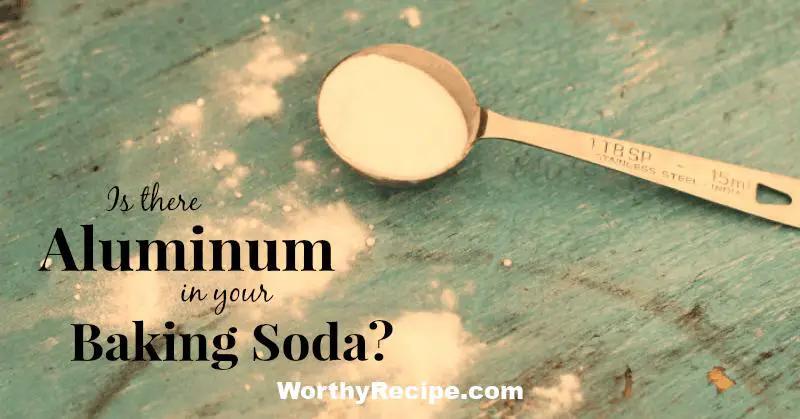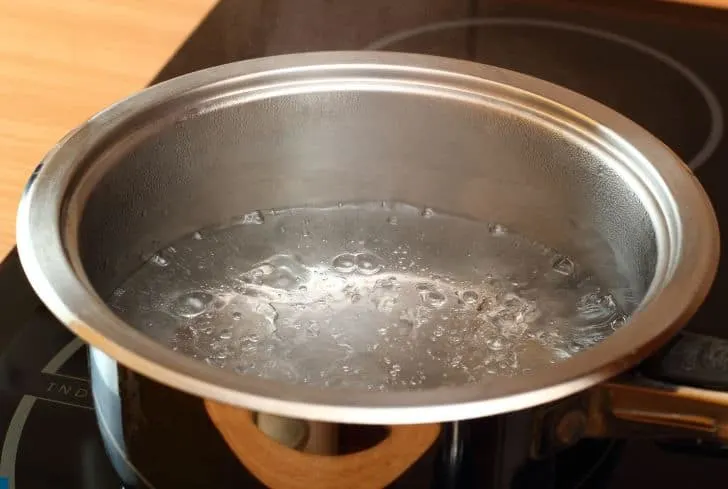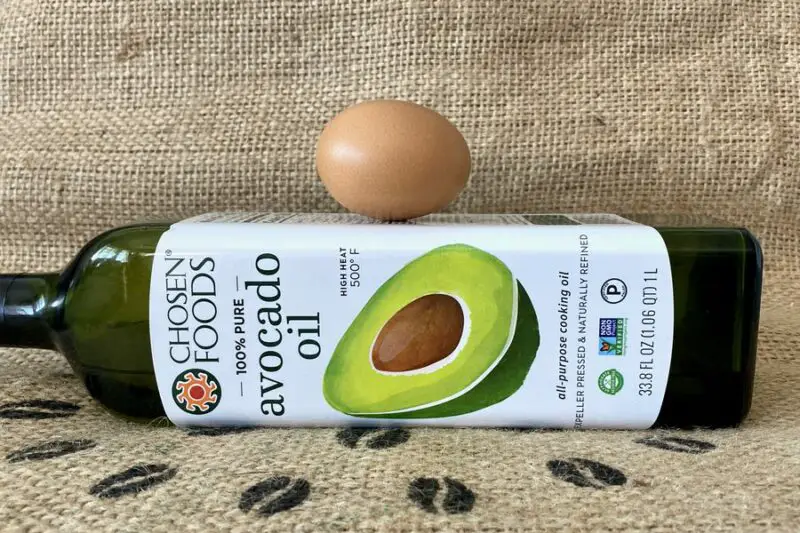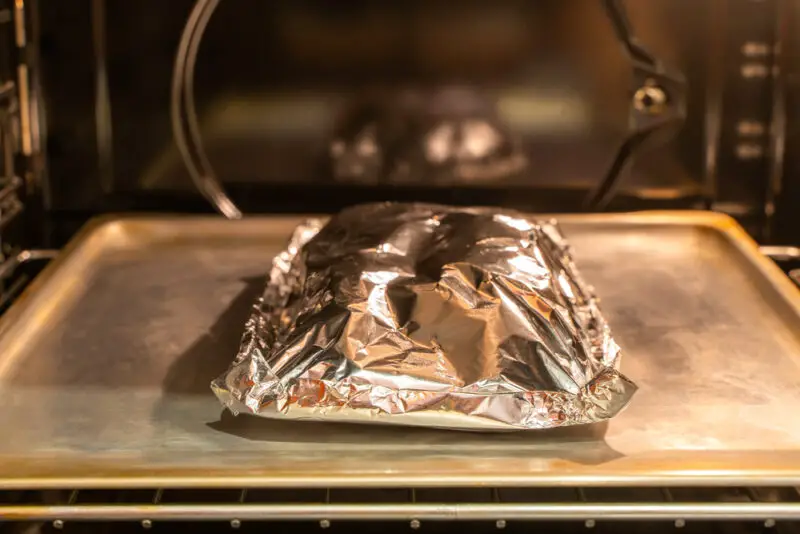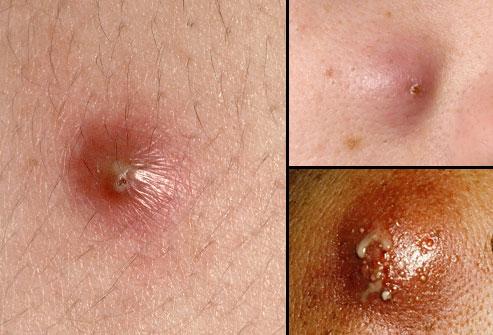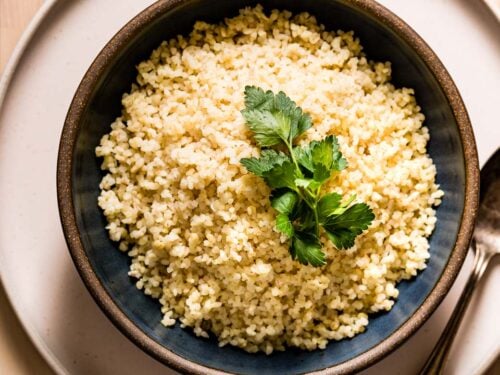Does Baking Soda Harm Metal?
Baking soda has been used for many years to clean various materials, including metal. However, some individuals are concerned about the potential damage that baking soda may cause to certain types of metals. This article outlines the science behind how baking soda interacts with metals and whether or not it causes harm. We also provide guidelines on how to use baking soda safely and effectively on metal surfaces.
What is Baking Soda?
Baking soda, also known as sodium bicarbonate, is a naturally occurring white crystalline powder that has a slightly salty and alkaline taste. It is commonly used in cooking and baking as a leavening agent because it reacts with acidic substances such as yogurt, buttermilk, or vinegar to produce carbon dioxide gas bubbles that help dough or batter rise.
In addition to its culinary applications, baking soda has become a popular household cleaner due to its non-toxic and eco-friendly properties. It can be used to clean floors, countertops, appliances, clothing stains, and even teeth!
What Metal is at Risk?
Not all metals react the same way when exposed to baking soda. Metals like aluminum and copper tend to react more strongly than others like steel or stainless steel. This reactivity can lead to corrosion or discoloration of the metal surface if not handled correctly.
Baking soda should not be used on any metal that has an enamel or protective coating that could be damaged by abrasion. Metals such as silver, gold plate, and pewter are also sensitive materials that could tarnish if cleaned improperly.
Chemical Reaction Between Baking Soda and Metal
The primary reaction between baking soda and metal occurs through oxidation. When a metal reacts with sodium bicarbonate (NaHCO3), it produces various compounds such as carbon dioxide, water, and salt. The reaction can be represented by the following equation:
2NaHCO3 + 2Cu + H2O → Cu2O + 2Na+ + CO2 ↑+ 2H2O
As the equation shows, when copper is mixed with baking soda and water, it produces copper oxide (Cu2O) and carbon dioxide gas (CO2).
The pH of baking soda plays a significant role in the chemical reaction that occurs between metal and baking soda. Metals react more readily with baking soda that is acidic or has a lower pH than those that are more neutral.
Pros and Cons of Using Baking Soda on Metal
Pros:
- Baking soda has natural cleaning properties that are very effective at removing grime, dirt, and grease from metal surfaces.
- Baking soda is non-toxic, making it safe to use around humans and pets.
- Baking soda is an eco-friendly alternative compared to traditional harsh chemicals that pose a threat to the environment.
Cons:
- Improper use of baking soda can cause damage to metal surfaces or sensitive coatings.
- Certain types of metals react poorly with baking soda, causing long-term damage or discoloration that may not be reversible.
- Certain cleaning agents can be more appropriate depending on the type of metal being cleaned or the level of grime that needs to be removed.
Types of Metal Cleaning Products Available
Traditional Chemical-Based Cleaners:
There are plenty of chemical-based cleaning agents available in the market that claim to be effective at cleaning metals. These cleansers often contain strong acids or alkalis that could damage the environment and put human health at risk. They can also potentially damage specific metals, depending on their chemical composition.
Natural Methods:
Natural cleaning agents such as vinegar, lemon juice, or baking soda have emerged as an alternative to harsher cleaning agents. These natural cleaners are non-toxic and offer efficient cleaning results while being gentle on exposed metal surfaces.
How to Use Baking Soda for Cleaning Metal Safely
To use baking soda safely when cleaning metal:
- Start by testing your baking soda mixture on a small patch of the surface before applying it entirely.
- Be gentle when cleaning sensitive surfaces or some metals like gold plate, pewter, silver, copper, and aluminum that are prone to discoloration and tarnishing.
- Use a soft-bristled brush instead of a harsh abrasive scrubber to clean the surface.
- Rinse the cleaned surface thoroughly using warm water to remove any leftover residue from the baking soda.
- Dry the metal surface immediately after rinsing it with clean water.
Cleaning metal with baking soda should not be done too often, especially if you are dealing with delicate metals. Overusing baking soda can lead to significant scratching or tarnishing and damage a perfectly good appliance or fixture.
Common Myths about Baking Soda and Metals
Myth #1: Baking soda never damages metals.
This statement is untrue because certain types of metals react poorly with baking soda, causing long-term damage or discoloration that may not be reversible.
Myth #2: Any type or amount of baking soda is safe to use.
While baking soda is non-toxic and eco-friendly, it could cause significant damage if mishandled. To ensure safe use, it’s essential to follow the proper procedures and guidelines that are outlined in this article.
Myth #3: All metals in household objects react the same way to baking soda.
Not all metals react the same way when exposed to baking soda. Some metals are more prone to tarnishing and corrosion than others depending on their chemical composition.
Myth #4: It is impossible to remove stubborn stains without using harsh chemicals.
This is false since several natural cleaning agents such as vinegar, lemon juice, or baking soda are highly effective at removing tough stains without posing a threat to human health or harming metals surfaces.
Conclusion
Using baking soda on metal has proven to be an effective way of cleaning sensitive surfaces while being eco-friendly and non-toxic. However, caution must be taken when handling certain types of metals that react negatively with baking soda. The guidelines outlined in this article can help individuals use baking soda safely for metal cleaning purposes while avoiding potential long-term damage or discoloration.
References
- Baker, S. (2019). The Power of Baking Soda: 100+ Health & Home Remedies. Adams Media Corporation.
- Carey A., Shanley J., Swasy T., & Harding E. (2020). Easy Green Cleaning: Join the Safe Planet Movement with Natural, Eco-Friendly Cleaning Solutions for a Healthy Home. Rockridge Press.
- Hirsch, P. (2019). The Ultimate Guide to Green Cleaning: Everything You Need to Know to Keep Your Home Clean and Green. Race Point Publishing.
#### 1. What is baking soda, and how does it react with metal?
Baking soda is a common pantry item that is predominantly used in baking, cleaning, and even personal care. It is a naturally occurring substance called sodium bicarbonate (NaHCO3), which typically reacts with acidic substances to release carbon dioxide gas. When baking soda is combined with water, it forms an alkaline solution that can damage certain types of metals through a reaction known as corrosion.
#### 2. Can baking soda harm stainless steel appliances or utensils?
Stainless steel is known for its durability and resistance to corrosion and staining, making it a popular choice for household appliances and utensils. Baking soda typically won’t harm stainless steel surfaces unless they’re already damaged or scratched, exposing the underlying metal to further corrosion. Using abrasive tools or harsh chemicals in combination with baking soda can also cause damage to the surface.
#### 3. How can I safely clean metal objects with baking soda?
When cleaning metal objects with baking soda, it’s essential to avoid using abrasive materials that could scratch the surface and accelerate corrosion. You should mix the baking soda with warm water to create a paste and apply it to the object using a soft cloth or sponge. After allowing the mixture to sit for several minutes, rinse it off with warm water and dry thoroughly.
#### 4. Are there any metals that I should avoid using baking soda on?
While baking soda is generally safe for use on many types of metal, some metals are more susceptible to damage than others. For example, aluminum can react strongly with baking soda due to its high chemical reactivity, resulting in surface pitting and discoloration over time. Additionally, you should avoid using baking soda on non-stainless steel silverware or silver-plated items since it can cause tarnishing.
